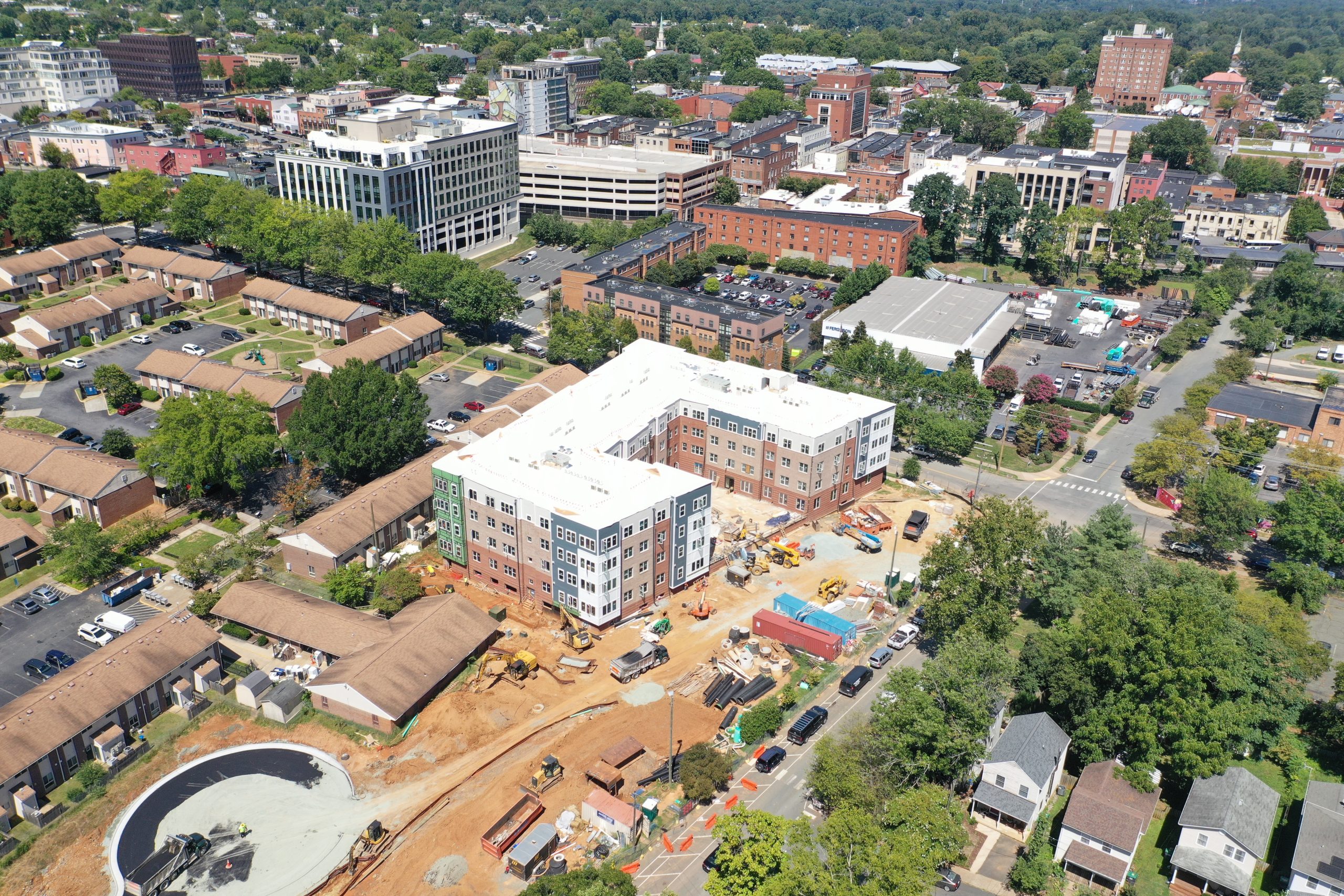
West Virginia Capitol. Photo by Flickr user Bunny & Norm Lenburg, CC BY-NC-ND 2.0
West Virginia is addressing its vacancy epidemic head-on.
The state—which has one of the highest vacancy rates in the country—recently passed new regulations to help alleviate some of the negative effects vacant properties have on communities. The policies aim to help keep communities from losing properties to speculators; give neighbors, cities, and land banks an advantage in purchasing unsold property; and allow struggling homeowners to use payment plans to manage their delinquent taxes.
Senate Bill 548, which passed in June, is making a lot of buyers who purchase property at tax sales nervous, says Christal Perry, the state’s assistant director of land. When homeowners fail to pay their property taxes, the delinquent property can eventually go to a tax sale, where bidders can purchase it. The new bill requires that bidders join a registry before entering a tax sale. The registry gives officials an opportunity to examine whether a bidder has a history of mis-using property, including previous code violations or delinquent property taxes. Bidders who have these histories will no longer be able to participate in a tax sale.
LLCs can only participate after they register with the West Virginia Secretary of State.
[RELATED ARTICLE: Land Owned by LLCs More Likely to be Vacant]
According to the West Virginia State Auditor’s Office, out-of-state speculators—buyers who purchase property with the intent of making a profit—often buy property during tax sales to damaging effect. The office says that these buyers have made the tax sale “a root cause of slum and blight,” allowing for vacancy to increase “with no desire to turn properties into usable living spaces.”
“If [buyers are] not going to come in and be productive purchasers of those properties, then we certainly don’t want them in here purchasing property, and leaving it worse than they came,” Perry says.
To prevent this misuse of the tax sale and update the state’s process of facilitating them, Senate Bill 552 was signed into law in March 2022. Before the bill passed, county sheriffs in West Virginia held tax sales once a year, and the state’s auditor held a separate tax sale to sell remaining properties. Now, there’s only one tax sale per year in each county, all handled by the West Virginia State Auditor’s Office. Perry says this change speeds up the process of connecting vacant and abandoned property with new owners.
The bill also provides an opportunity for homeowners to keep their properties if they’re struggling to make ends meet. A property owner experiencing financial hardship whose home has been bought at a tax sale can now seek approval from the auditor’s office to get it back through a payment plan.
The bill additionally establishes a system of ranked priority for access to property.
For example, if a property isn’t purchased during a tax sale, “the first person to get right to that property is the adjacent property owner. And then the municipalities and land bank would be second, the counties and the land stewardship corporation, and then it’s open to the public,” says Perry.
The auditor’s office says this hierarchy makes it easier to get vacant spaces sold, which will “clean up communities.” Still, the auditor has the final word in whether those parties can access the property. For example, a neighbor with past code violations could be a bad candidate. “We want to make sure that the property is going to the best and highest use that it could be, and of course that is being productive and paying taxes and keeping the grass cut,” Perry says.
Although it’s still too early to gauge the bills’ long-term impact, Perry says the new laws are making a difference. The bidder registry has already helped filter out bad actors, there were fewer land speculators at tax sales this year, and a higher proportion of properties were purchased at auction, she says.
Perry says one important document served as the state auditor’s office’s “playbook” for the new legislation: the 2017 Center for Community Progress report on vacancy and property tax delinquency in West Virginia.
The report made a number of recommendations for legislation that would address vacancy in the state and improve the government’s response to property tax delinquency. Those recommendations included improving noticing of delinquency, allowing for payment plans for owners experiencing financial hardship, and increasing land banks’ and nonprofits’ access to tax liens.
[RELATED ARTICLE: State Policies Play a Central Role in the Fight Against Vacant Property]
While working on the report, co-author Sara Toering says that she met with firefighters in Huntington, West Virginia, “who were really struggling with some of those dangers posed by the vacant, abandoned properties.” The team heard about “folks actually overdosing inside of vacant and abandoned parcels.”
The team engaged residents directly to create the report, including by holding community meetings in Huntington neighborhoods where vacancy and abandonment posed the greatest challenge.
“This process has been an example of doing policy with those most impacted by vacancy and abandonment, rather than doing policy to those most impacted,” says Toering.





Comments